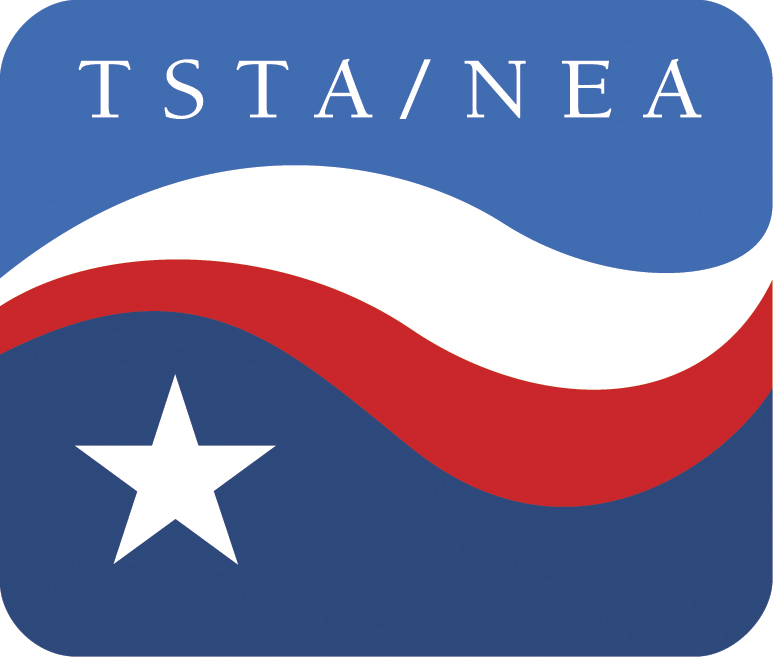Opposing Christian nationalism in public schools is anti-American, the Texas attorney general claims. It is not.
The U.S. Supreme Court ultimately will decide whether the new state law requiring copies of the Ten Commandments to be prominently displayed in Texas’ public school classrooms is constitutional or unconstitutional, but despite what Attorney General Ken Paxton claims it is not unpatriotic to oppose the law. Nor is it anti-Christian.
Soon after Gov. Greg Abbott signed the law last summer, a group of 16 parents of various religious and non-religious backgrounds with children in public schools filed a federal lawsuit against it. Represented by the American Civil Liberties Union and other religious freedom organizations, they won a ruling in August from U.S. District Judge Fred Biery of San Antonio, temporarily blocking the law as unconstitutional.
Biery concluded that the law favors Christianity over other faiths and is likely to interfere with families’ “exercise of their sincere religious or nonreligious beliefs in substantial ways.”
The ruling, however, applies only to the 11 school districts in which the plaintiffs have children in school. Other lawsuits with statewide implications are pending in other courts but haven’t been heard, and Paxton has demanded all other school districts comply with the law.
The attorney general, who is appealing Biery’s ruling and has won a hearing before the 5th U.S. Circuit Court of Appeals in January, has attacked the plaintiffs as “radical, anti-American groups trying to ignore our moral heritage.”
Who exactly are these “radical anti-Americans?”
One is a Jewish rabbi who said, “While our Jewish faith treats the Ten Commandments as sacred, the version mandated under this law does not match the text followed by our family, and the school displays will conflict with the religious beliefs and values we seek to instill in our child.”
Another plaintiff is a Baptist pastor who believes, like many other Christians, that “posting the Ten Commandments in public schools is un-American and un-Baptist.”
“Baptists have long held that the government has no role in religion – so that our faith may remain free and authentic,” he added. “My children’s faith should be shaped by family and our religious community, not by a Christian nationalist movement that confuses God with power.”
Like many Christian nationalists, Paxton is intent on rewriting history to deny our country’s founders’ belief in the separation of church and state.
The First Amendment provides that “Congress shall make no law respecting an establishment of religion, or prohibiting the free exercise thereof.”
In a Jan. 1, 1802, letter to the Danbury Baptist Association of Connecticut, President Thomas Jefferson described the First Amendment language as “building a wall of separation between Church & State.”
The Supreme Court already has cracked the wall that Jefferson described by allowing private religious schools to receive taxpayer-paid vouchers from state governments. How it will eventually rule on Texas’ Ten Commandments law in this age of Trumpism, hyper-partisanship and alternative “facts,” I have no idea. But justices who believe as the nation’s founders will vote to strike it down.

